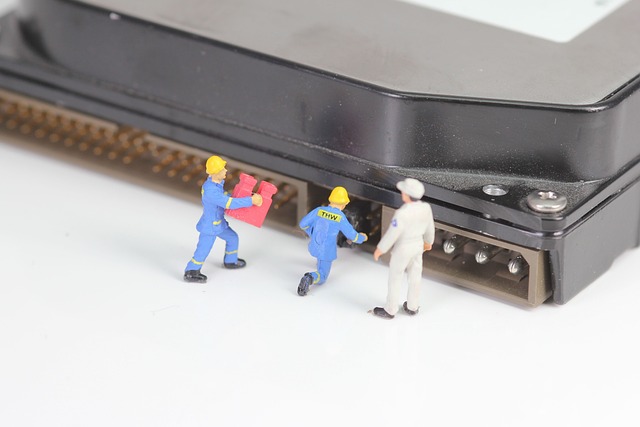In today’s digital age, computers have become an integral part of our daily lives. Whether for work, entertainment, or communication, we rely on them for various tasks. However, like any other machine, computers require regular maintenance to ensure they perform at their best. In this article, we will explore easy tips for computer maintenance that can help optimize its performance and prolong its lifespan.
Cleaning the Hardware
One of the fundamental aspects of computer maintenance is keeping the hardware clean. Dust and debris can accumulate over time, affecting the system’s cooling and performance. Start by cleaning the keyboard and mouse, removing any dirt or crumbs that may have settled between the keys. Next, open the CPU casing and gently dust off the internal components, paying particular attention to the fans. Additionally, wipe the monitor, cables, and peripherals with a microfiber cloth to maintain their cleanliness.
Organizing and Optimizing Storage
An overloaded hard drive can slow down your computer significantly. Take the time to declutter your system by deleting unnecessary files, old downloads, and unused programs. Running disk cleanup tools provided by your operating system can help free up valuable space. Additionally, performing regular disk defragmentation can optimize file organization, leading to faster access times. Consider utilizing cloud storage options to offload files and free up local storage for improved performance.
Updating Software and Drivers
Keeping your software and drivers up to date is crucial for optimal computer performance. Software updates often include bug fixes, security patches, and feature enhancements. Ensure that your operating system, antivirus software, and applications are set to update automatically or check for updates regularly. Similarly, updating device drivers, especially for graphics cards and network adapters, can significantly improve system stability and performance.
Managing Startup Programs
When you start your computer, several programs may automatically launch and run in the background, consuming valuable system resources. Take control of your startup programs by identifying unnecessary ones and disabling or removing them. This can be done through the Task Manager or System Configuration utility. By reducing the number of startup programs, you’ll experience faster boot times and a smoother overall performance.
Protecting Against Malware
Malware can pose a serious threat to your computer’s security and performance. Protect your system by installing reputable antivirus software and keeping it up to date. Run regular malware scans to detect and remove any potential threats. It’s also important to exercise caution while browsing the internet, avoiding suspicious downloads and websites that may harbor malware.
Monitoring and Controlling Temperature
Excessive heat can degrade computer performance and even cause hardware damage. Monitor your computer’s temperature using software tools or the BIOS settings and ensure it stays within safe limits. If your computer tends to run hot, make sure it is placed in a well-ventilated area. Consider using cooling pads or fans to dissipate heat effectively, especially during intensive tasks such as gaming or video editing.
Backing Up Important Data
Data loss can be devastating, so implementing a regular backup routine is crucial. Choose a backup method that suits your needs, whether it’s utilizing cloud storage solutions or external drives. Schedule automated backups to ensure your important files and documents are securely preserved. In the event of a hardware failure or system crash, having a recent backup will save you from potential data loss headaches.
Conclusion
By implementing these easy tips for computer maintenance, you can optimize your system’s performance and prolong its lifespan. Regular cleaning, storage organization, software updates, and malware protection will keep your computer running smoothly. Monitoring temperature, managing startup programs, and backing up data are essential practices to ensure you’re prepared for any unforeseen events. Remember, a well-maintained computer not only enhances your productivity but also provides a hassle-free computing experience for years to come.

